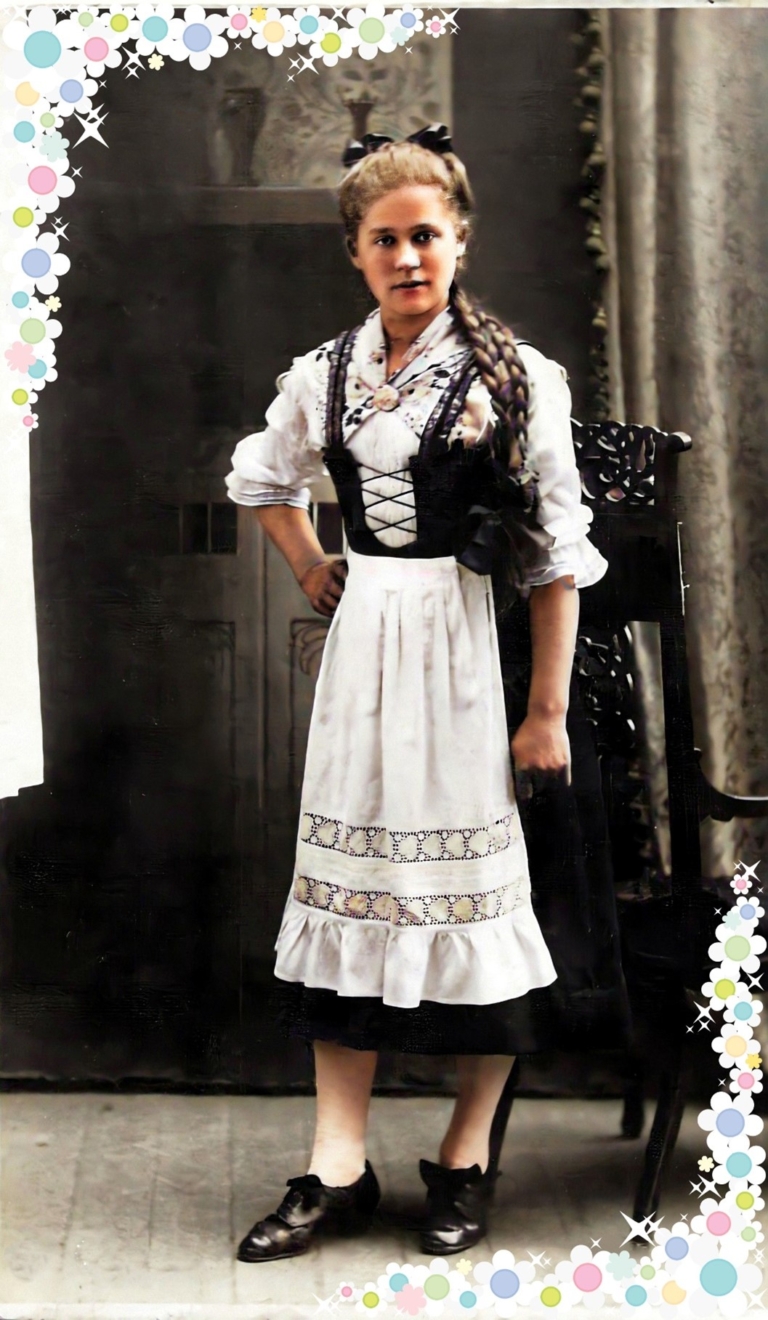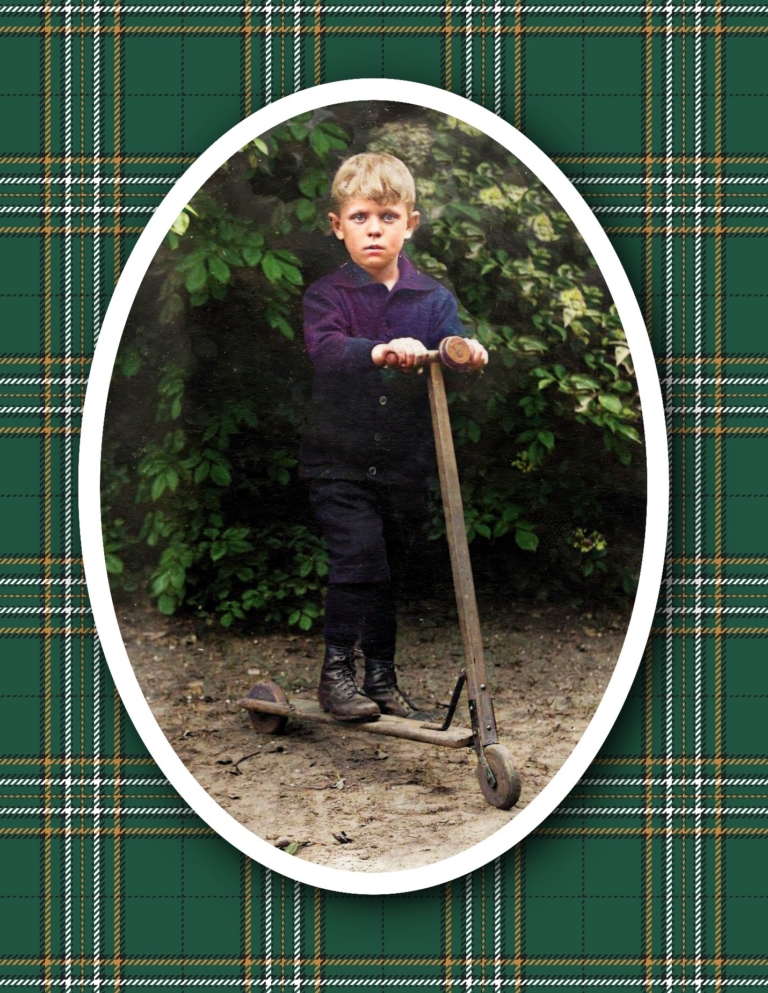What side of World War II did your ancestor fight on? No matter if they were German, Austrian, American, Canadian, Australian, English, or something else, these were real people with real families – not “the bad guy” or “the good guy”. Below, read the story of how one of our Germanology community members first learned of, and then tracked down his fallen German cousin in military records – preserving his memory for decades to come.
Searching for your own ancestor in military records? Check out these resources below:
- German Federal Archives (Bundesarchiv)
- FamilySearch German Military Records (This is a great site with all types of information and links about where to find military records – definitely check it out!)
- Fold3
The Story of Heinz Wessels:
Heinz Wessels was my German cousin I never got the chance to meet. During a 1976 trip to Europe, I met his mother, Aunt Henni, née Gebken, and Uncle Johann Wessels, who lived in Oldenburg. During our discussions, I found out they had a son, Heinz, who was killed during the German Army’s invasion of Russia during World War II. Johann and Henni never got over his death and continued grieving over him.

When I first met Henni, there was no hugging. Instead, she took both of my hands and said something ( which may have been in Plattdeutsch) that I didn’t understand. I still knew she was happy to see me since I was the first American relative to visit since my dad left for the USA in 1923, but I also could see the pain in her eyes.

Heinz’s death continued to bother me even after Henni died. I could only think how senseless and cruel war is to take the only child of a couple. Two years ago, I got an international Ancestry and Fold 3 (military records) subscription to try to find out more about my lost German cousin.
And it worked! I found the KIA (killed in action) record for Heinz. He fell in combat on 16 December 1941, near Masslowo, Russia at the age of 20 years old. So far, I have been unable to find the location of Masslowo, but it may be a name the Germans gave the place that was subsequently changed back to Russian.
Heinz was part of the 252 Infantry Division, which was part of the German Fourth Army. They were engaged with the Russians during the Battle for Moscow in Operation Barbarossa. The 252 Infantry Division had made it to a town in Russia called Isra, about 25 miles west of Moscow. The Germans held Isra from 25 November 1941 until 11 December 1941, which is when the Russians retook it after finding it demolished by the 252 Infantry Division’s artillery. Five days later, Heinz was shot while the Germans were retreating west toward German-occupied Poland. German soldiers who were not shot froze to death during a brutally cold winter or were captured and sent to die as prisoners of war in Siberian gulags. Those who survived did so with frozen limbs. German casualty rates were 750,000, with 200,000 killed. I suspect Heinz’s body was left where he fell and his mother and father thus never got closure.

On Saturday, 25 March 2023, I took a Max Kade Institute for German American Studies four-hour course on translating old German cursive writing. That night, I tried to translate a short sentence on the back of a picture of a young boy that was included in my parent’s photo collection.

As I translated the writing on the back of the picture, letter-by-letter, word-by-word, it started to become clear. The final translation of the last word took longer because of one capital letter. I finally decided it had to be a capital J. The translator from Germanology Unlocked confirmed what I thought it said.

In German, the writing said, “Hier ist unser Heinz 4 Jahre.” In English, “Here is our Heinz, 4 years old.” The picture was sent to my father in 1928 by his sister Henni, and I finally got to see who Heinz was and associate a person with the information I started collecting when I first met his grieving mother.
Although a sad story, I think Henni and Uncle Johann would be pleased to know I didn’t forget Heinz or them. This is a time to remember that the enemy once lived, had a happy life, loved someone, and left someone behind to grieve for them.
Zum Andenken an Tante Henni, Onkle Johann, Großvater Gerhard, Oma Margaretha und Vetter Heinz.
